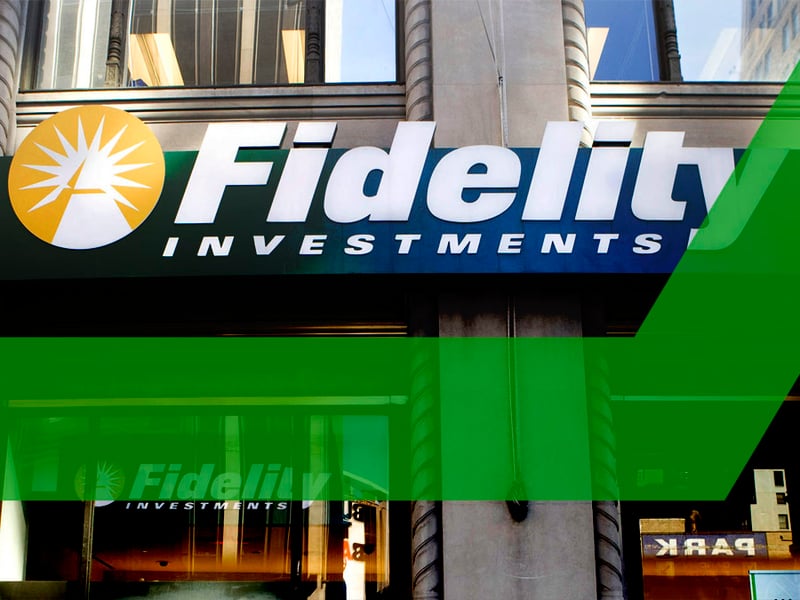Fidelity Investments has taken a step closer to producing
smart-beta exchange-traded funds, but it won't say whether it has new funds in the works.
The Boston-based fund behemoth filed with the Securities and Exchange Commission on Friday for permission to add a little extra special sauce when creating self-indexing funds — that is, funds that track indexes produced by Fidelity, rather than an outside party, such as Standard & Poor's.
Self-indexing is at the heart of so-called smart beta ETFs, which typically follow a set of rules for security selection, such as buying stocks based on dividend payout or earnings momentum. While archrival
Vanguard has little taste for smart beta, preferring indexes based on market capitalization, other firms, such as Wisdom Tree and PowerShares, have rolled out dozens of smart-beta funds.
Fidelity's recent filing isn't for any new funds. The SEC had granted Fidelity the ability to create funds based on self-indexing in 2013, said Fidelity spokesman Charlie Keller. Friday's SEC filing was meant to update that relief — in essence, to match the relief that other fund companies have gotten.
“The exemptive relief we are requesting would simply bring the terms of Fidelity's existing passive ETF exemptive relief in line with those of other orders recently issued by the SEC and provide Fidelity with additional flexibility not covered by its existing order,” Mr. Keller said.
“It may be smarter business rather than smarter beta,” said
Jim Lowell, editor of Fidelity Investor, a newsletter. “If everyone is selling a hamburger, the only ones that stand out are those that have a special sauce. Smart beta is the special sauce for ETFs — a quasi-active layer on passive investments.” In the case of smart-beta funds, those layers can be rules on buying stocks, such as selecting stocks by their dividend yield or earnings momentum.
Smart-beta funds are custom-made for the adviser audience. “Fidelity understands they need to provide more than plain vanilla if they want to sell more into the adviser space,” Mr. Lowell said. Fidelity currently has some $3.2 billion in ETFs.
The filing mentions a self-indexing formula for “stocks with attractive valuations,” which is possibly as vague as one could be. “That's a watered-down glass of water there,” Mr. Lowell said.
Fidelity says it has not filed to offer any new funds. “This exemptive relief would give us the ability to launch additional passive ETFs, should we choose to launch such products in the future,” Mr. Keller said. “We do not have anything to announce at this time







